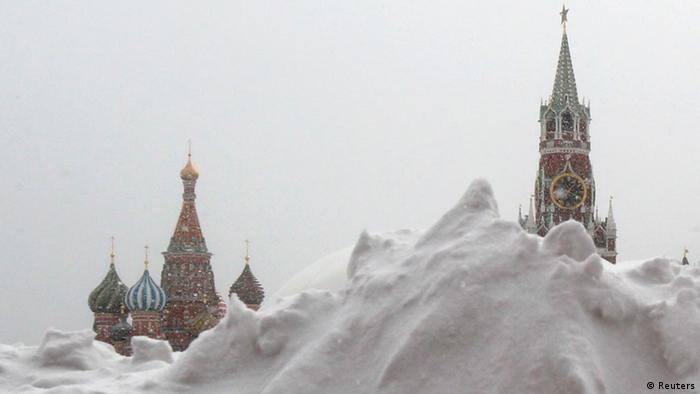By The Daily Journalist.

President Vladimir Putin likes to talk in public about the heroic character of the Russian people, pointing at the military muscle and remembering the greatness of the imperial past. But from the tanks he broke into Crimea, and the increases in teacher salaries or new media propaganda to be finally crowned as a global alternative depends on a black substance his country treasures; Not because of any battle or no elite talent. This treasure is safely underground and is called oil.
A barrel of oil has been for the Russian leader a magical power wand which has made possible the military resurgence of Russia, improvements in pensions and public salaries to pick a consumption-driven economy. But Russia has just revised downwards to $80 per barrel, the oil price forecast for next year. Dreams 2015 had been built over a barrel to be hypothetically at $100, but the reality has alarmed analysts despite government efforts to build confidence.
Igor Sechin, chairman of the Russian oil company Rosneft and one of the ‘energy bishops’ of Russia stated Putin recently said that Russia could “survive” with a barrel of oil up to $60. “I also think it could survive a Mike Tyson punch in the face and that does not make it a good idea,” cried the analyst Mark Adomamis while the Russian media set the band before the injury.
negative growth
Russia will experience negative growth next year and looks set to recession because of international sanctions and especially the fall in oil prices. Both factors have led to a sharp depreciation of the ruble. The Ministry of Economy has reviewed this week lower growth forecasts for 2015 and has admitted that the Russian GDP will contract by over 0.8%. Oil exports next year will decrease by five million tons.
And the alarming capital flight and high inflation will further cloud the outlook. The disposable income shrinks by 2.8%, which has affected consumption and especially tourism, with a particularly negative impact on some popular Russian countries like Spain.
Russia is increasingly dependent on the energy business
The problem with oil is related to the sanctions that are causing the part of the Russian economy that is not tied to oil and gas to get smaller. Russia is increasingly dependent on the energy business, which provides half the budget. So there are afraid of a drop of oil. The collapse in oil prices is recalled in the mid-eighties, when the USSR ran out of money.
The draft budget for 2015 priced at $100 per barrel and below the barrier the government can not meet the program being marked as contemplated. Already protests from teachers and doctors in Moscow have closed restaurants and pessimism has returned to settle in the long hospital of Russian society with bad omens.
The year of Putin
But while the Russians are getting worse, Russia is increasingly power is growing after an incomparable year after they had ‘recovered’ Crimea; slowing the passage to the West in Ukraine and has been invoked before an increasingly weak and indecisive Obama on Syria. The popularity of Vladimir Putin has returned to skyrocket, and absences on the shelves, have yet reliable damage their image leader.
Although the national treasury is poised to become loose change, the collapse of the ruble serves to cushion this problem. If the barrel returns slightly above $ 80 the budget deficit would be only 1%, as calculated by economists. But with the current collapse Putin can be confronted with a bitter dilemma: either uses its reserves for help or starts to break his campaign promises.
Imports are becoming un-affordable by the collapse of the ruble
Another problem is that with a weak ruble imports start making it unaffordable, and Russia is a country that imports half of what they eat. The Russian economy grew two or three years ago to 4%. Moscow hopes reserves 454,000 million, but the government stopped saving for tomorrow in 2011 to improve pensions, salaries of officials and the military.
Russian oil is not as cheap to extract as it is in Saudi. So low prices can make falling interest in exploiting these deposits or invest in them. And there is another major problem: the sanctions have made foreign companies whose technology Russia requires to exploit its resources set to be put off.
But Russia still does not wrinkle and the head of Rosneft surprised colleagues, giving OPEC a very clear message: Russia will not reduce their production even if the price falls below $60 a barrel. The ‘valid’ Russian oil believes that low oil prices may do more damage to economies that obtain oil at a higher cost. Above Russia is in these United States parameters, which has challenged the conventional oil markets


